The answer to climate-killing cow farts may come from the sea
Grist
NOVEMBER 3, 2019
This story was originally published by Mother Jones and is reproduced here as part of the Climate Desk collaboration. One day in January 2014, police rushed to a farm in Rasdorf, Germany, after flames burst from a barn. The need to rein in methane emissions is especially urgent in California, home to 1.8 million dairy cows.



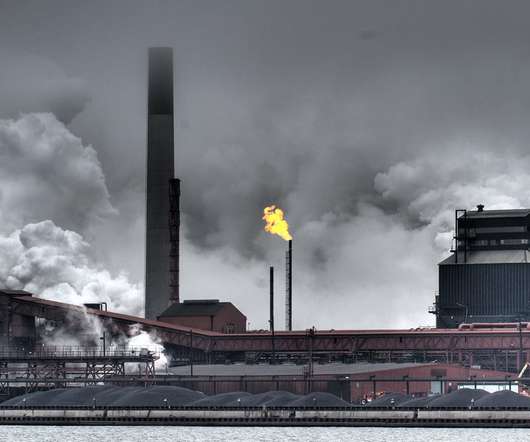
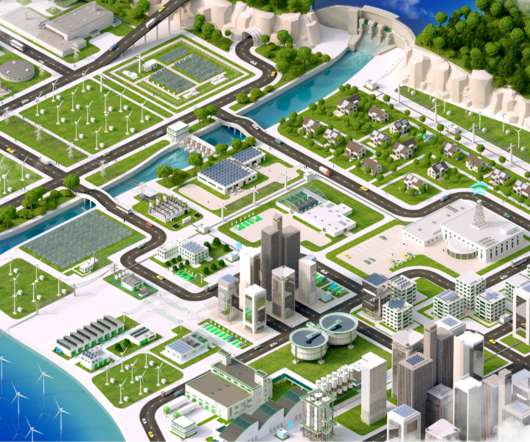

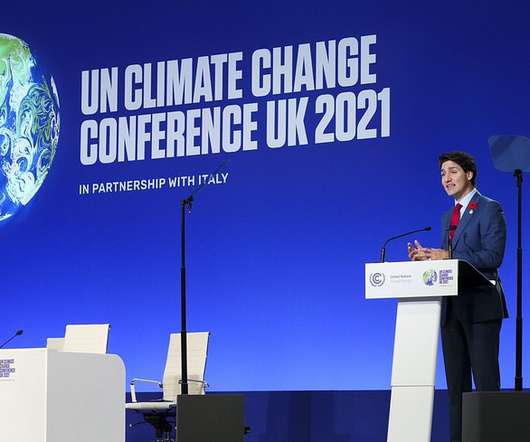

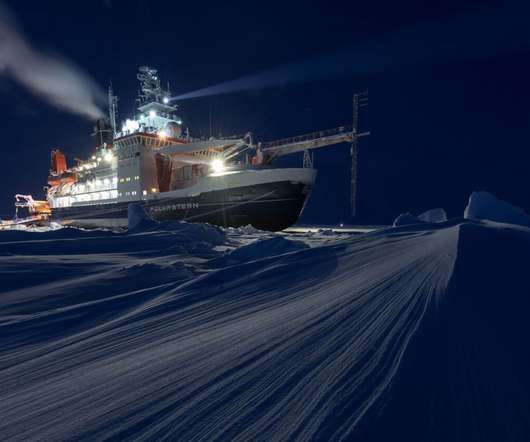
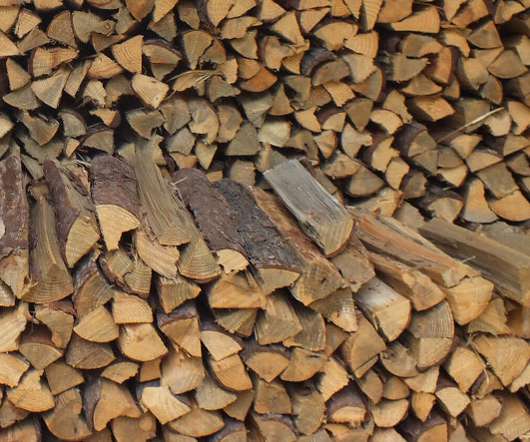
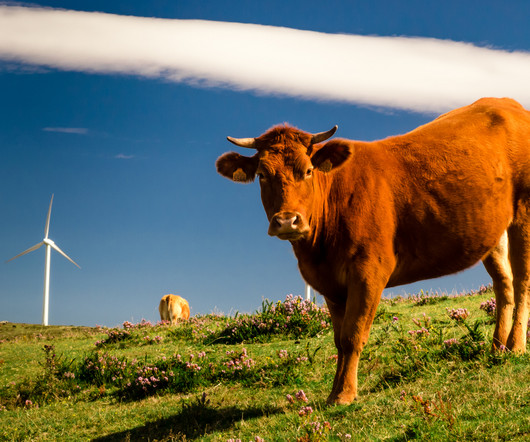




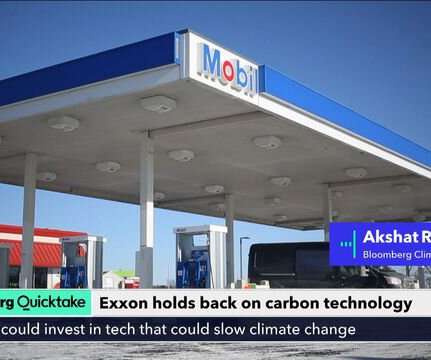
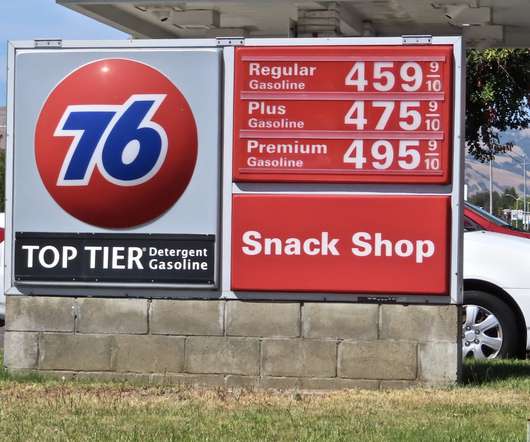
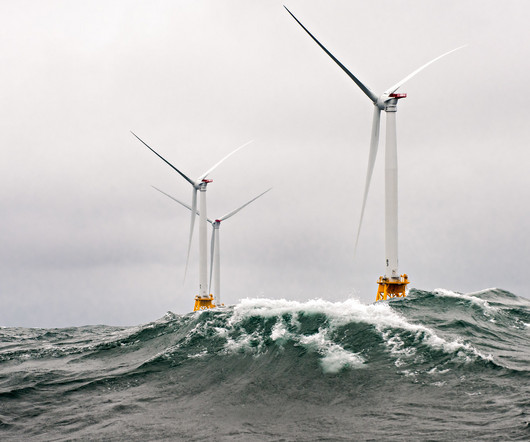
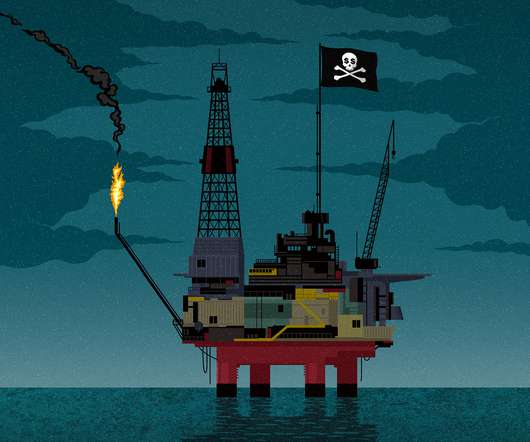








Let's personalize your content